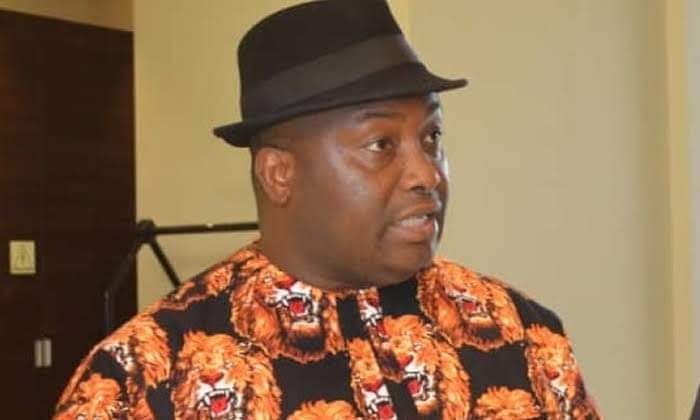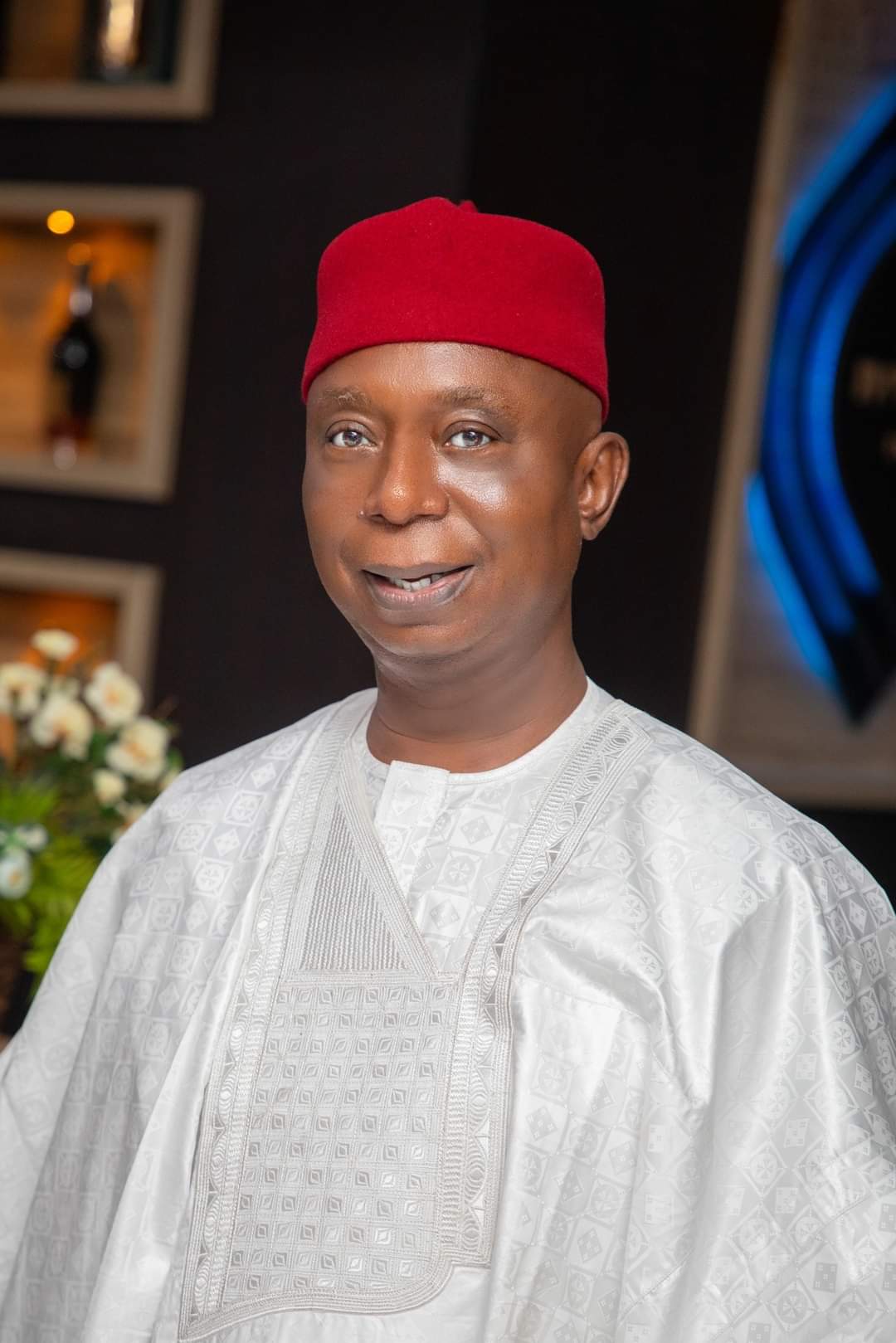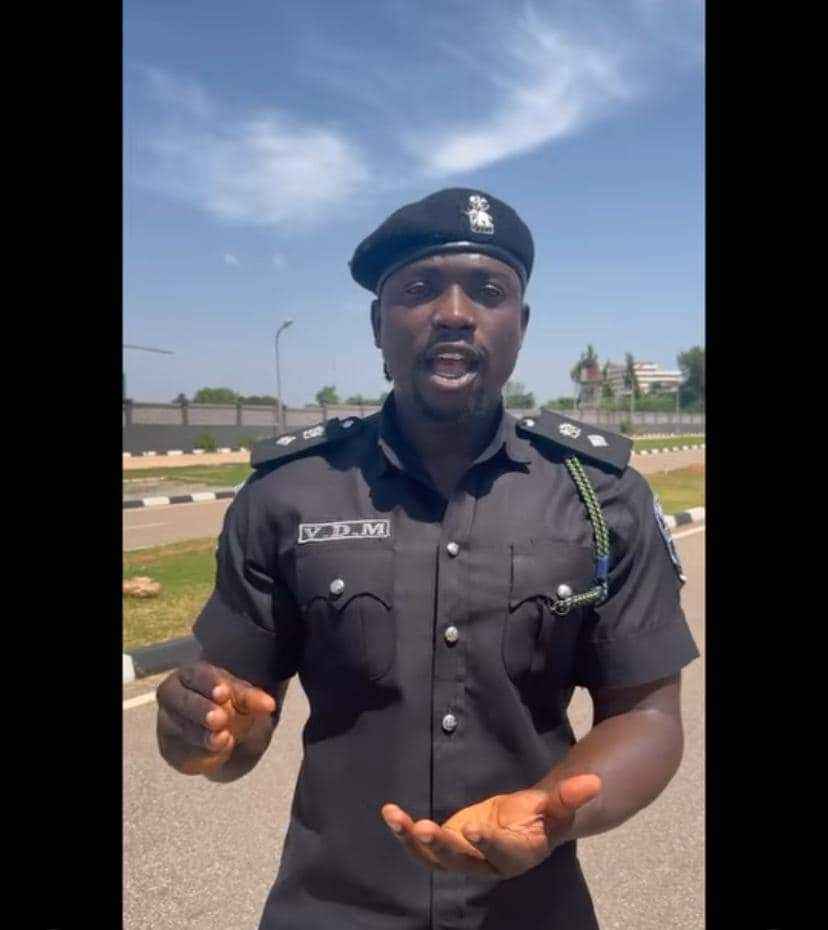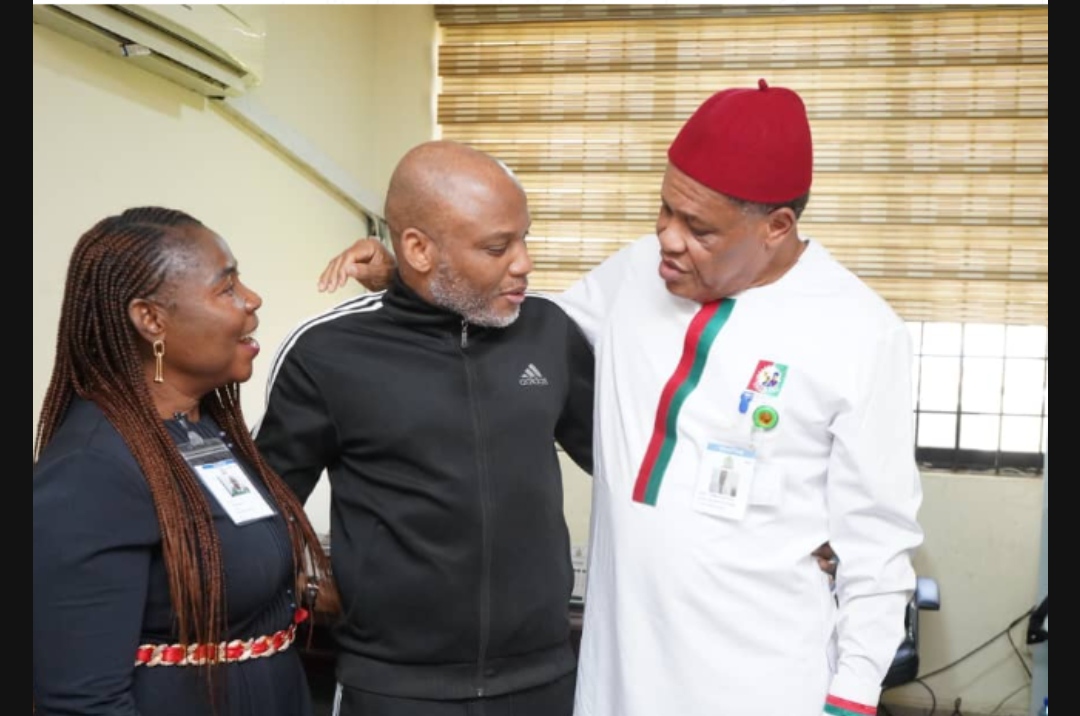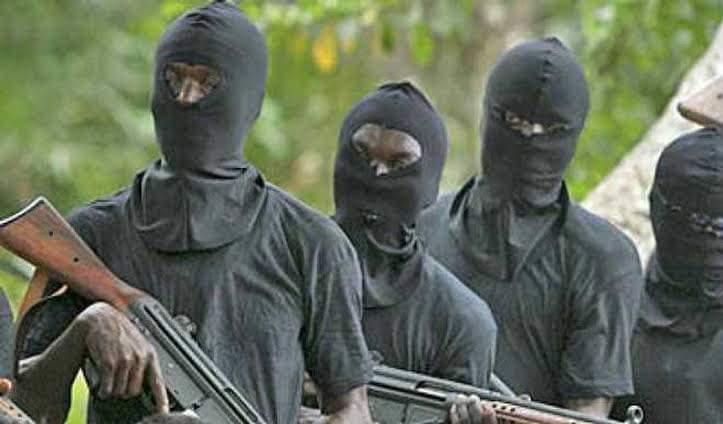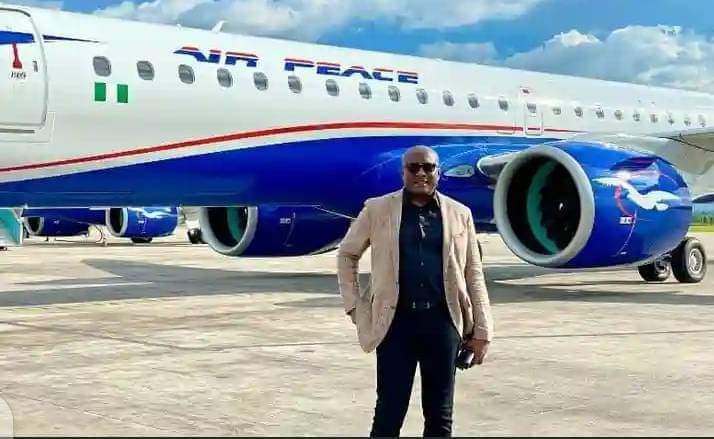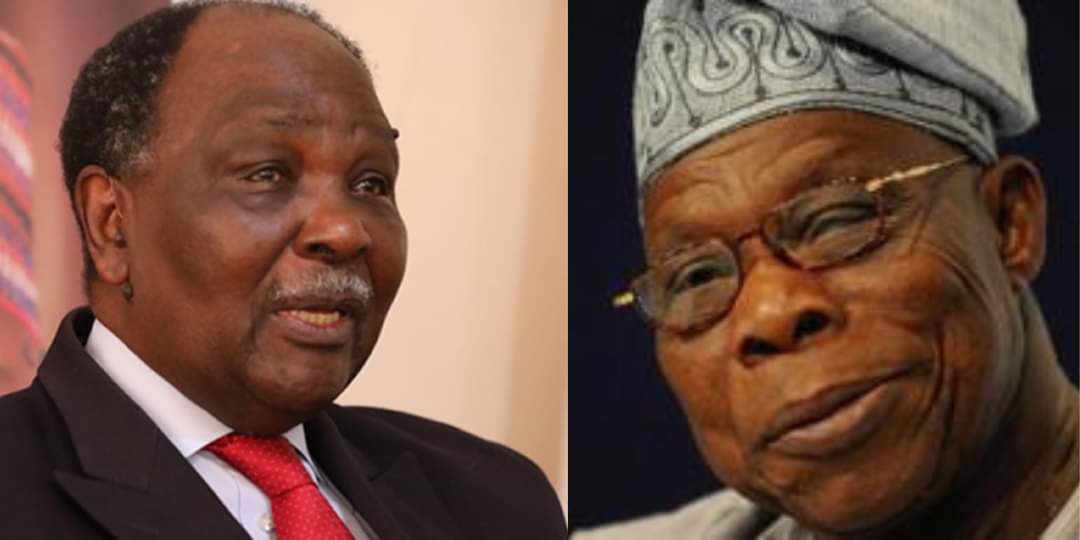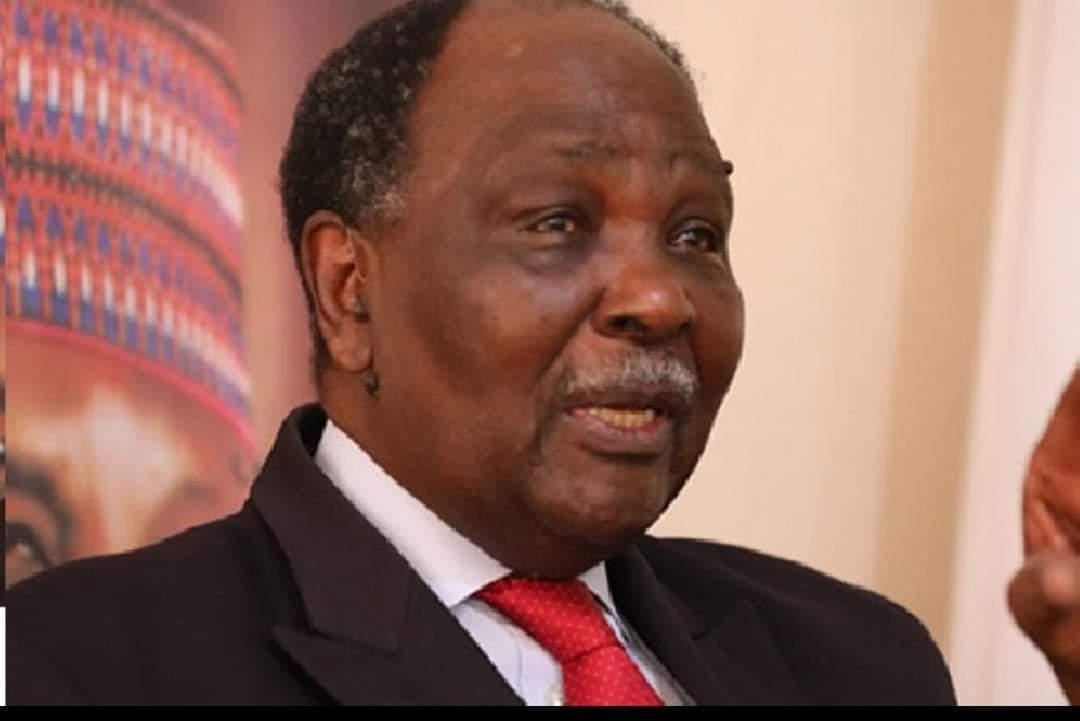When discussing the Igbo people, many often refer to those from the southeastern states of Nigeria: Abia, Anambra, Ebonyi, Enugu, and Imo. However, the Igbo identity extends far beyond these states, much like the wide-reaching roots of an “akwụkwọ ụkpaka” (oil bean tree), spreading across southern Nigeria to the Niger-Delta and even parts of northern Nigeria.
Experts on the origin of the Igbo people highlight that a significant portion of the Igbo population is found across the Niger River, with more than 25% of Delta State’s population identified as Igbo. Similarly, Igbo communities are present in Rivers, Cross River, Akwa Ibom, and Bayelsa states. These Igbos share commonalities with their southeastern counterparts, including language, culture, and traditions, reinforcing the idea that “ọbara anaghị agha ụgha” (blood does not lie).
Igbo Communities in Various States:
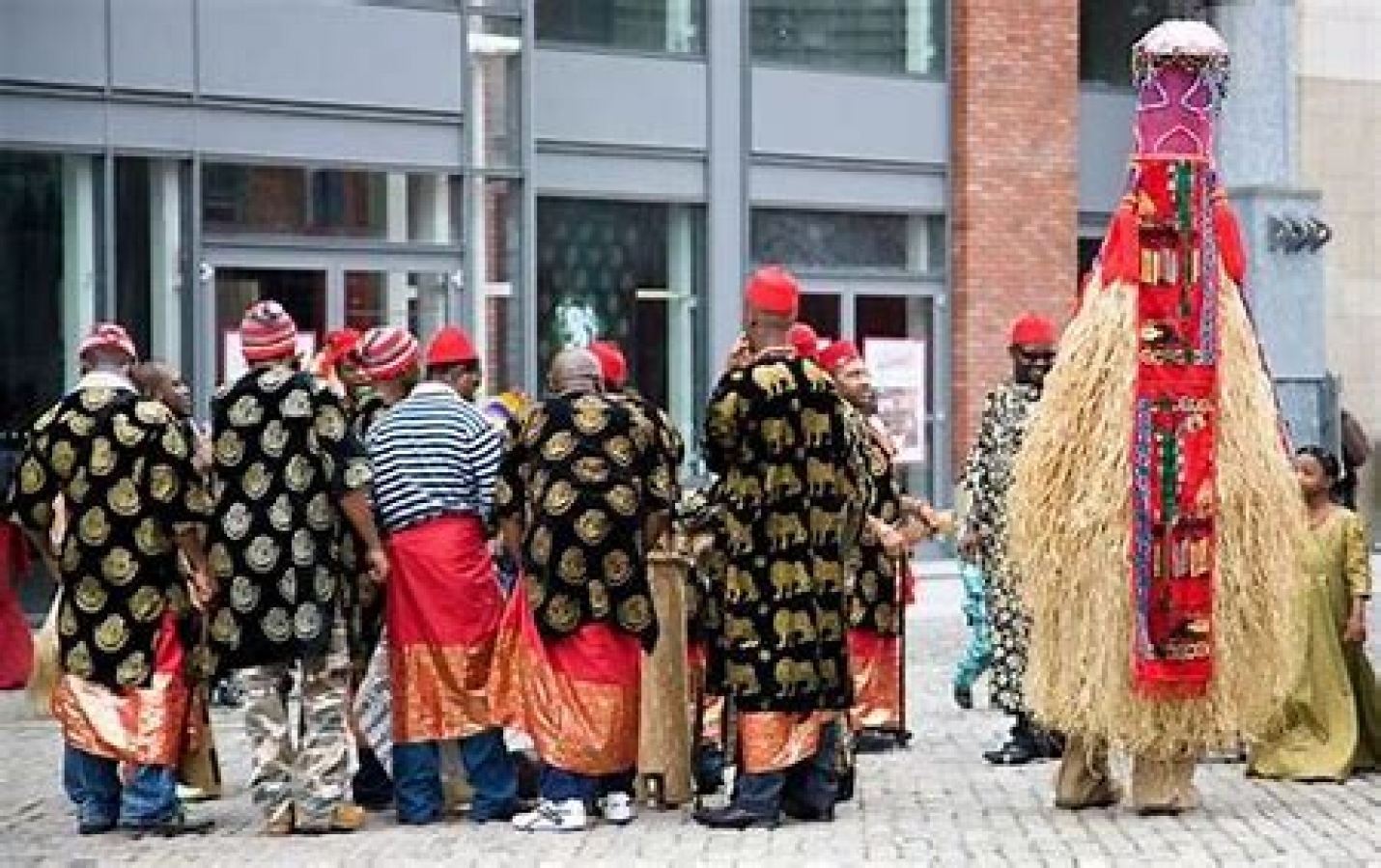
In Delta State, the ethnic Igbo groups include:
- – Oshimili
- – Ndokwa
- – Ukwuani
- – Aniocha
- – Ika
- – Ndoni
- – Agbor
- – Asaba
In Rivers State, Igbo communities include:
- – Ikwerre
- – Opobo
- – Omuma
- – Ndoni
- – Obigbo
- – Egbema
- – Ekpeye
- – Ọmụma
- – Etche
- – Ọgba
In Bayelsa State , the Sagbama region is home to Igbo communities such as:
- – Osekwenike
- – Eke Okpokri
- – Abuetor
In Edo State, there are Igbo-speaking groups, particularly in:
- – Igbanke/Igboakiri
In Akwa Ibom State , Igbo people can be found in:
- – Ikot Udo Ika (Ika LGA)
In Cross River State, Igbo communities include:
- – Isobo (Abi LGA)
- – Umuezekaoha (numbering over 300 villages)
In Benue State, Igbo communities are located in the following LGAs:
- – Okpokwu
- – Obi
- – Oju
- – Ado
In Kogi State, there are Igbo-speaking communities, especially in Ibaji and Igalamela/Odolu LGAs, such as the Eke Avurugo community, which speaks Igbo as their first language and Igala as their second. Some of these communities include Ugwuebonyi, Ebokwe, Ozara, Amaeke, Amankpo, and Amauwani camp.
Reasons Some Igbo People Deny Their Igbo Identity:
1. The Biafra War:
The brutal Biafra civil war (1967-1970) had a profound impact on the Igbo people, claiming the lives of over three million. Despite the “no victor, no vanquished” declaration, the war left deep scars. The stigma of being on the losing side led some to disassociate from their Igbo roots, as they faced ostracization and economic hardships.
2. State Creation:
The creation of states by the Nigerian government, particularly under Yakubu Gowon’s regime, was a strategic move to weaken the unity of the Igbo people. This division placed some Igbo communities in non-Igbo states, causing a loss of identity and a detachment from their heritage. The removal of history from Nigerian school curricula further deepened this disconnect.
3. Cultural and Historical Narratives:
In states like Rivers and Delta, some Igbo communities have historical narratives that claim different origins, such as migrations from Benin (Edo State). This belief has led them to deny their Igbo heritage, despite sharing language, culture, and traditions with other Igbo communities.
Despite these challenges, the shared bloodline, customs, and language continue to tie these communities to their Igbo roots. The southeastern Igbos must work together to preserve their identity and, potentially, the vision of an Igbo nation. In doing so, they may find that these communities, which currently deny their Igbo heritage, could seek to reconnect with their true origins.


